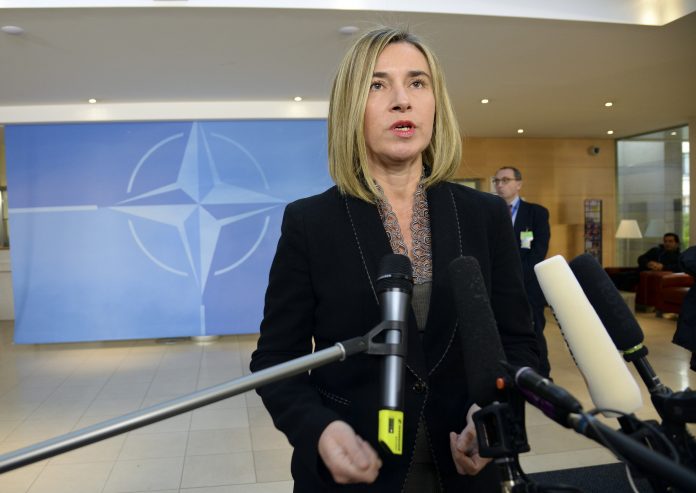The European Commission has welcomed the decision adopted by the Council on December 11 to formally establish the Permanent Structured Cooperation (PESCO) and the plans presented by 25 EU member states to work together on a first set of 17 collaborative defence projects.
“In June I said it was time to wake up the Sleeping Beauty of the Lisbon Treaty: permanent structured cooperation,” said European Commission President Jean-Claude Juncker. “Six months later, it is happening.
“I welcome the steps taken today by member states to lay the foundations of a European Defence Union. Europe cannot and should not outsource our security and defence.”
According to Juncker, the European Defence Fund that the European Commission proposed will complement these efforts and act as a further incentive for defence cooperation – including potential funding for some of the projects presented on December 11.
PESCO is an instrument in the EU Treaty to enable willing member states to pursue greater cooperation in defence and security.
Last month, 23 member states (Austria, Belgium, Bulgaria, Czech Republic, Croatia, Cyprus, Estonia, Finland, France, Germany, Greece, Hungary, Italy, Latvia, Lithuania, Luxembourg, the Netherlands, Poland, Romania, Slovenia, Slovakia, Spain and Sweden) took a first step towards launching Permanent Structured Cooperation on defence by signing a joint notification and handing it over to High Representative Federica Mogherini.
Since then, Ireland and Portugal have also joined, bringing the total number of participating countries to 25.
Now, the 25 participating member states also agreed on a declaration announcing the preparation of first collaborative projects in areas including the setting up of an EU medical command, military mobility, maritime surveillance, and cyber security.
According to a European Commission press release, while PESCO is purely intergovernmental, the European Defence Fund proposed by the European Commission in June will create incentives for member states to cooperate on joint development and the acquisition of defence equipment and technology through co-financing from the EU budget and practical support from the Commission.

